The following essay by Christian Zeitz and Elisabeth Sabaditsch-Wolff was originally written in German, and has been kindly translated into English by JLH.
by Christian Zeitz and Elisabeth Sabaditsch-Wolff
Ex: http://www.gatesofvienna.net
By and large, public discussions about the background and causes of the so-called refugee crisis in Europe have awakened false perceptions. Even before the great onrush of so-called refugees the summer of 2015, there was the idea that Europe could be duty-bound to open all borders uncontrolled and grant mass immigrants an unrestricted claim to European hospitality — the minorities program of left-extremists of the “No borders” and “Refugees welcome” faction. Powerful, virtually physical pressure was created by dramatic pictures of desperate families at border fences and doomed passengers in overfilled rubber rafts, and this caused a psychic tipping in much of the population. In a frantic blend of sympathy and fear at the uncontrollable, actual and potential violence of fast-approaching immigrant armies, the majority population began reluctantly to accept the lasting residency and need for support of great masses of culture-alien immigrants.
After the first long while and the attempts by states to create the structures and wherewithal of so-called integration, the situation took on an initial appearance of normality. The mood of the people of Germany and Austria began to change when phenomena that had long been warned against became valid for the public on New Year’s Eve, 2015-2016. Rapes and other sexual assaults, enormous financial expenditures for first responders, permanent accommodations and attempts at so-called integration were from this time on not forbidden topics. After the original, publicly-regulated helpful hands euphoria, reactions from skepticism to rejection began to spread in social discourse. With every media report of sexual attacks, crimes concerning property and actions democratizing a lack of desire to integrate, passive resistance began to form in much of the population. Doubt about the general manageability articulated at first by such politicians as are called in public discourse “xenophobes” and “racists” began in the second half of 2016 to become a common public tendency.
Although the relevant studies and analyses during the crisis and up to date proceed on the assumption that the number of those wanting to emigrate from the African continent and the Near East is in the area of the upper double-digit millions, the stream of refugees has seemed to decrease markedly at this time. In the meantime, political discourse in Europe with regard to new arrivals is almost exclusively of “family reunification.” So has the refugee crisis been handled? Can this discussion politically return to the accustomed agenda? The facts say otherwise.
From the point of view of European elites, 2017 was a pivotal year. And a hurdle that absolutely had to be cleared. Decisive elections could have had the potential of drastically changing the political landscape: Holland, France, Germany, Austria — the political resistance was well positioned and posed a great danger to the protagonists of the “welcoming culture.” The elites’ language and political marketing had to adapt to this danger. Accordingly, it became acceptable to entertain ideas of limiting immigration, for security and defense of national boundaries, and requiring the acquisition of Western cultural standards by the welcomed “new citizens.” All the campaigns in the above-mentioned countries were characterized by placation, supposed self-criticism and involvement in the “justified fears” of the populace. And all of these campaigns had succeeded with these ideas.
Now that supposed normality seems to have found its way back into the political reality of European countries, the elites can get back to work on their long-term plans undisturbed. What are these plans? Answering this question requires an explanation of the apparent contradiction between the claims of the mass phenomena of millions of willing immigrants and the present slackening of the actual flow of immigrants. The only logical explanation for this phenomenon is that the political elites themselves are able to open and close the floodgates more or less as they please. This accords completely with the general statements of the elites’ representatives. Migration [they say] is in general unavoidable, unless its causes are eliminated. Causes listed are a multitude of universal problems, which are described in public discourse as downright apocalyptic: permanent martial conflicts and other violent crises, impoverishment, lack of means to earn a living, mass unemployment, cultural regression, universal injustice and the effects of climate change. On the other side of the scale, it is constantly maintained that an influx of workers to European societies threatened with extinction is absolutely necessary.
“Migration is without any alternative; it’s smart to manage it,” is the title of the programmatic article which multi-millionaire and “global philanthropist” George Soros professed as a guiding maxim in the summer of 2016. The thrust of his thinking converges exactly with the concepts of the operators of a European superstate. They are aware that reaching their goal of a “United States of Europe” means no more national borders and replacement of the national states by a pan-European people. Replacement of peoples, a multicultural society and the goals of a globalized world in which a limited number of players make this planet’s decisions are complementary elements of the same agenda. This agenda is the one the elites are applying to the pressure points in the flooding of Europe by culturally alien multitudes.
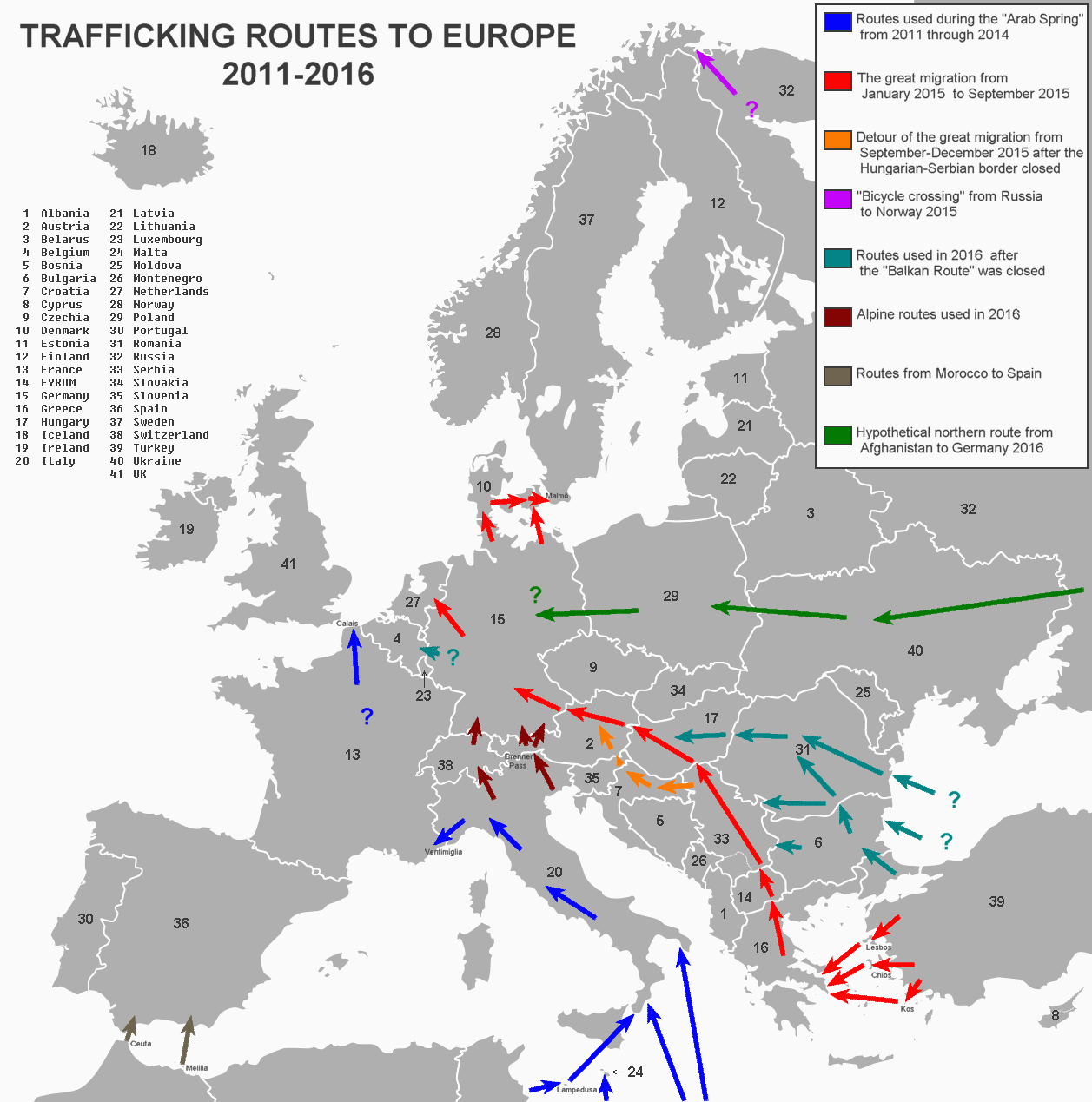
This analysis does not contradict the fact that Islam and its violent, expansionist claim represent a unique force. All connoisseurs of the Islamic teachings know that “emigration” is a variation of jihad, and under certain conditions a duty for Muslims. So it is not surprising that the two driving forces of massive folk migration and the resultant replacement of peoples — Islam and culturally socialist globalism — work together so effectively and converge tactically on the political plane.



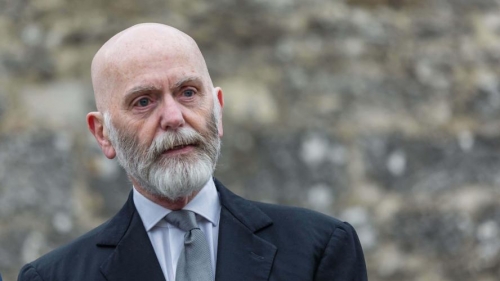


 del.icio.us
del.icio.us
 Digg
Digg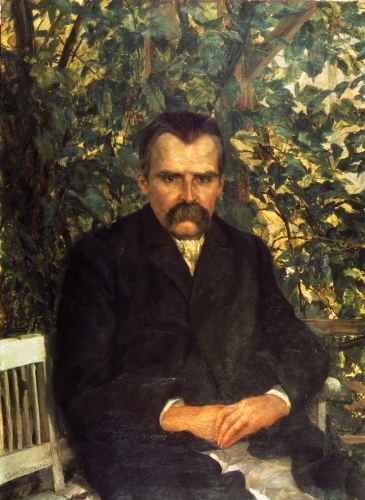
 Ce qu’il faut mettre en évidence, c’est le lien fondamental établi par Nietzsche entre les valeurs chrétiennes et leurs avatars séculiers qui servent aujourd’hui de base légale et psychologique aux classes dirigeantes en Occident pour faire entrer des masses non-européennes en Europe. En utilisant les valeurs moralisatrices, dont les origines lointaines remontent au christianisme primitif, le Système est en train de procéder à la destruction des peuples européens.
Ce qu’il faut mettre en évidence, c’est le lien fondamental établi par Nietzsche entre les valeurs chrétiennes et leurs avatars séculiers qui servent aujourd’hui de base légale et psychologique aux classes dirigeantes en Occident pour faire entrer des masses non-européennes en Europe. En utilisant les valeurs moralisatrices, dont les origines lointaines remontent au christianisme primitif, le Système est en train de procéder à la destruction des peuples européens.  Commençons d’abord par l’expression « le grand remplacement ». Cette expression, due à l’écrivain Renaud Camus, est mal vue par le Système
Commençons d’abord par l’expression « le grand remplacement ». Cette expression, due à l’écrivain Renaud Camus, est mal vue par le Système 
 A titre d’exemple de ce mental allemand du « dopplengaegertum », on peut citer plusieurs auteurs de contes fantastiques du début du XIXe siècle qui, par détour, reflètent parfaitement l’esprit fracturé de l’Allemagne d’aujourd’hui. Citons ainsi l’écrivain de contes horrifiques E. T. A. Hoffmann et sa nouvelle L’homme au sable
A titre d’exemple de ce mental allemand du « dopplengaegertum », on peut citer plusieurs auteurs de contes fantastiques du début du XIXe siècle qui, par détour, reflètent parfaitement l’esprit fracturé de l’Allemagne d’aujourd’hui. Citons ainsi l’écrivain de contes horrifiques E. T. A. Hoffmann et sa nouvelle L’homme au sable  Ni l’Eglise catholique ni les papistes du monde entier ne sont à la traîne. Le dernier en date est le pape François avec ses prêches sur les droits des immigrés ou ses homélies affirmant que « les migrants sont le symbole de tous les exclus de la société globalisée »
Ni l’Eglise catholique ni les papistes du monde entier ne sont à la traîne. Le dernier en date est le pape François avec ses prêches sur les droits des immigrés ou ses homélies affirmant que « les migrants sont le symbole de tous les exclus de la société globalisée » 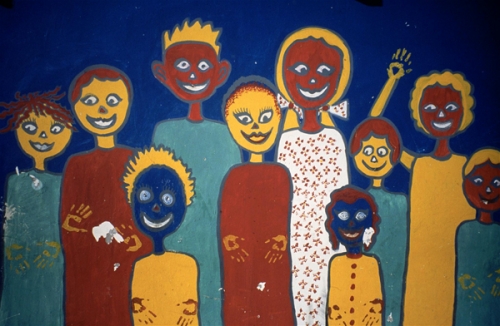
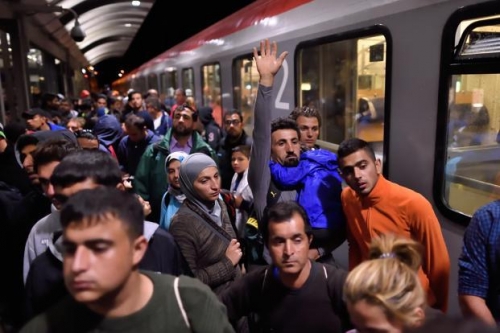
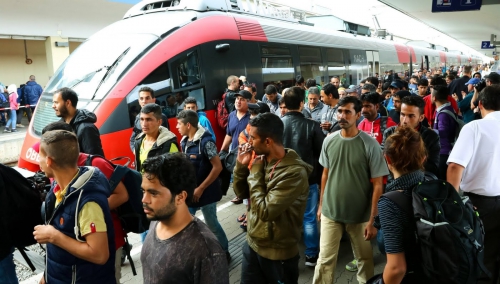
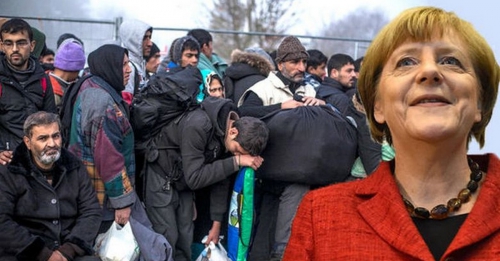
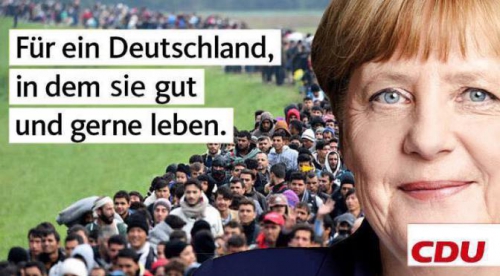
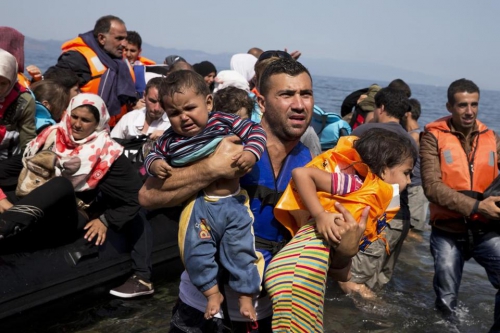
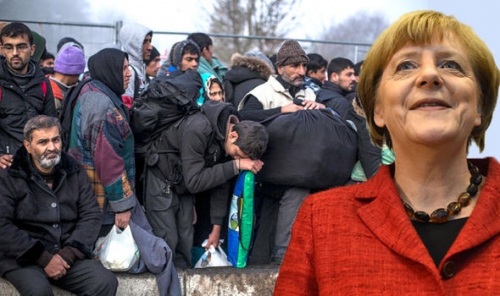
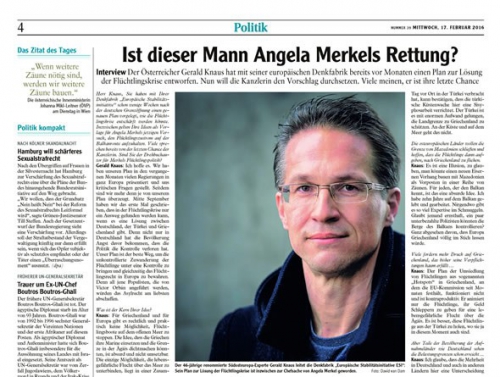
 La liste comprend, en plus des Fondations Open Society de Soros, la Stiftung Mercator, une organisation liée aussi à Soros et l’organisation Robert Bosch Stiftung. La Commission européenne est aussi un des bailleurs de fonds de I’ISE. Puis, assez curieusement, la liste des bailleurs de fonds pour le plan Merkel comprend également une organisation au nom orwellien, l’Institut de la paix des États-Unis.
La liste comprend, en plus des Fondations Open Society de Soros, la Stiftung Mercator, une organisation liée aussi à Soros et l’organisation Robert Bosch Stiftung. La Commission européenne est aussi un des bailleurs de fonds de I’ISE. Puis, assez curieusement, la liste des bailleurs de fonds pour le plan Merkel comprend également une organisation au nom orwellien, l’Institut de la paix des États-Unis.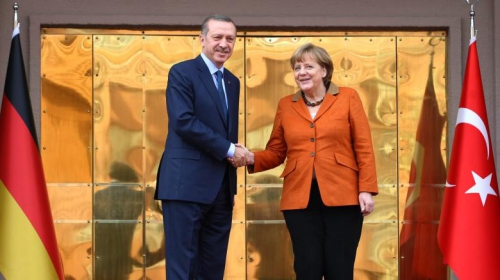

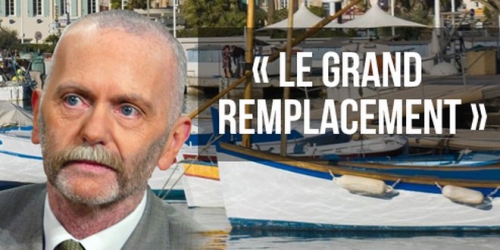
 Quoi qu’il en soit, Houellebecq a le vent en poupe et l’on peut gager qu’il pulvérisera les ventes de début d’année. Il ne s’inscrit pas moins à la suite d’auteurs précurseurs comme Jean Raspail, lui-même empruntant, avec son prophétique et magistral Camp des saints, la dimension proprement visionnaire d’un Jules Verne au XIXe siècle ou d’un Anthony Burgess avec son Orange mécanique au XXe siècle.
Quoi qu’il en soit, Houellebecq a le vent en poupe et l’on peut gager qu’il pulvérisera les ventes de début d’année. Il ne s’inscrit pas moins à la suite d’auteurs précurseurs comme Jean Raspail, lui-même empruntant, avec son prophétique et magistral Camp des saints, la dimension proprement visionnaire d’un Jules Verne au XIXe siècle ou d’un Anthony Burgess avec son Orange mécanique au XXe siècle.